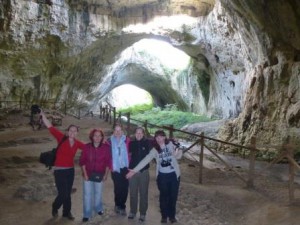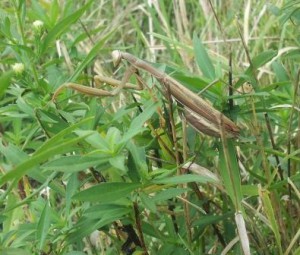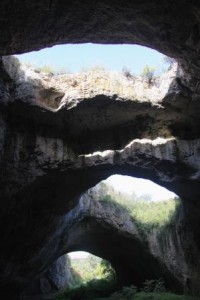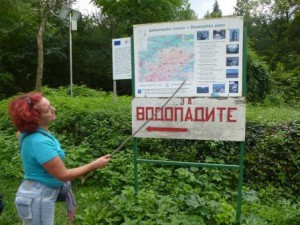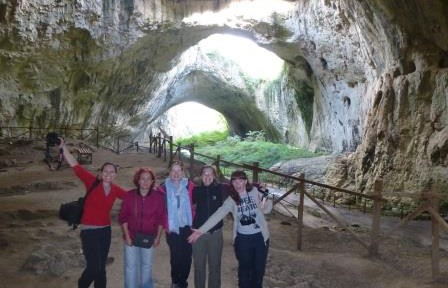
I was recently given the opportunity to be part of an Erasmus+ programme to Bulgaria, to gain insight into how their natural assets are being managed in the face of economic pressure. With our wonderful guide Velis, we were able to enjoy a jam-packed programme, meeting many local experts to discuss the compromises between economic growth and protecting nature. The competing interests of nature conservation and tourism development within an economic recession echoes the challenges facing Scotland, so the exchange provided a mirror to reflect upon our practice back at home.
Although it has a warmer climate, the diversity of Bulgaria’s landscape reflects Scotland’s, with arable farmlands, river valleys and mountainous areas covering the majority of the country. The rural communities are steeped in tradition which reflects the reliance people have on the land for their livelihood: beautiful ceramics in areas with good clay soil and timber production and carving in heavily wooded areas.
Bulgaria has three national parks in total, which are offered higher levels of protection than the nature parks, though within both of these there are strictly protected zones where human interference is prohibited. On this programme, we visited the national parks of Rila and the Central Balkans and Persina nature park, and saw a variety of birds including a suspected sighting of a rough legged buzzard, heard different bats on the heterodyne, watched a hummingbird hawk-moth drink nectar from flowers and surprised a preying mantis into falling off its stalk of grass.
However, even in these parks tensions were evident. We met with members of the Bulgarian Biodiversity Foundation, a non-profit organisation working for the preservation of Bulgaria’s nature, who told us of their successes (an eleventh nature park recently designated in the southwest) and also of their challenges. They told us about the Devetaki cave, an amazing place we were to visit later: a 100m high sanctuary to around 30,000 nesting bats. However, this fantastic site caught the eye of Hollywood directors, who were able to secure for filming part of The Expendables 2, despite the disturbance to the wildlife that occurred. This is a prime example of the struggle between the perceived need for economic development within Bulgaria and the conservation of nature, which could be seen as one of the country’s best assets.
Of course, we were able to see some examples of how nature and economic development are being twined together successfully within eco-tourism. The local people that we met were keen to share their love of the country with us and discuss the ways in which they were able to safeguard it. We visited a number of visitor centres where models, photographs and artefacts told the story of the site and how it came to be protected. However, the enthusiasm of guesthouse owners was also infectious and reinforced for me the need to be positive when engaging with people about local nature and conservation of it.
One of the extremely impressive examples of community participation was the Devetaki Plateau Association, our hosting charity. Seeing the need for economic development, the DPA was founded by local people to develop their villages as tourist destinations. We were really impressed by the bottom up approach they took, supporting innovative ideas from local people to develop sustainable and ecotourism projects within the area. This is something that is really applicable to Cumbernauld and the Living Landscape too. Without community participation, local greenspaces often become overlooked and undervalued and so they don’t meet their full potential for benefiting local people’s wellbeing, attracting visitors or maintaining biodiversity. The example set by the Bulgarians we met really sets the bar for community empowerment in nature conservation and is an ethic we uphold here in Cumbernauld Living Landscape and in The Conservation Volunteers too.
So, I would like to thank Velis and the Devetaki Plateau Association, all of the experts and guest house owners who shared their country with us and the Erasmus+ programme, coordinated by the ARCH network for such a fantastic opportunity. I’ll be back, Bulgaria!
